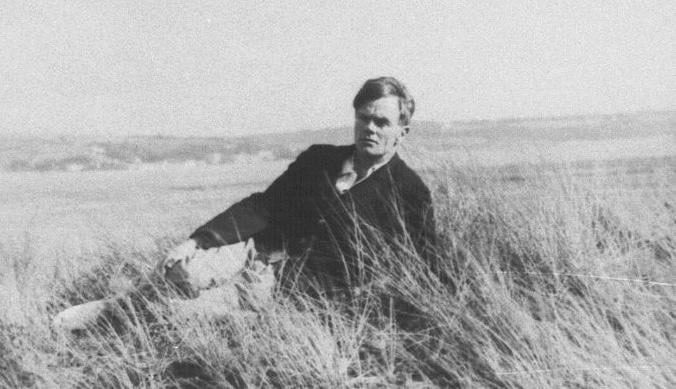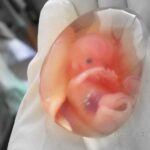Abortion
The Inkling Who Fought Abortion
Earlier this autumn, I had the opportunity to visit Oxford the day before I delivered two lectures at the national conference for the Society for the Protection of Unborn Children. My wife and I visited the Kilns, the graves of Lewis and Tolkien, the restaurant where Tolkien read aloud from Lord of the Rings for the first time, and the Lamb and Flag pub, where the Inklings used to meet to discuss philosophy, faith, and literature.
There is a connection between the twenty-first-century abortion wars and the Inklings of Oxford. Owen Barfield, the philosopher, novelist, and a key influence on both C. S. Lewis and J. R. R. Tolkien, was one of the fifteen founders of the Society for the Protection of Unborn Children. SPUC holds the distinction of being “the first group anywhere in the world formed to campaign against legalized abortion”—at least in the twentieth century—and served as a countermovement during the parliamentary discussions leading to the passage of the 1967 Abortion Act.
Barfield is not as famous as his Inkling counterparts, but his influence permeates some of their most famous works. Lewis credited him with the ideas behind his Space Trilogy and dedicated The Lion, the Witch, and the Wardrobe to Barfield’s daughter, Lucy, Lewis’s goddaughter. Barfield’s philosophy also shaped Tolkien’s Middle Earth languages through his book Poetic Diction; the same work also informed the perversion of language in Lewis’s That Hideous Strength, an essential read for our times.
Unlike Lewis and Tolkien, both of whom died before the abortion debate began in earnest, Barfield addressed the subject directly in his writing. In a 1967 letter to the editor of Anthroposophical Quarterly titled “The Abortion Bill,” Barfield detailed his contribution to the launch of the Society for the Protection of Unborn Children, called on readers to join SPUC and to write to MPs to oppose the 1967 Abortion Act, and summarized his own view on abortion:
It is not for one human being to decide, even on compassionate grounds, that another human being had better not live. If it is not wrong to destroy an unborn baby because it may very probably be deformed, it must be even less wrong to wait and see, and then destroy it after it is born because it certainly is deformed. But nobody wants that . . . yet!
READ THE REST OF THIS COLUMN AT FIRST THINGS








